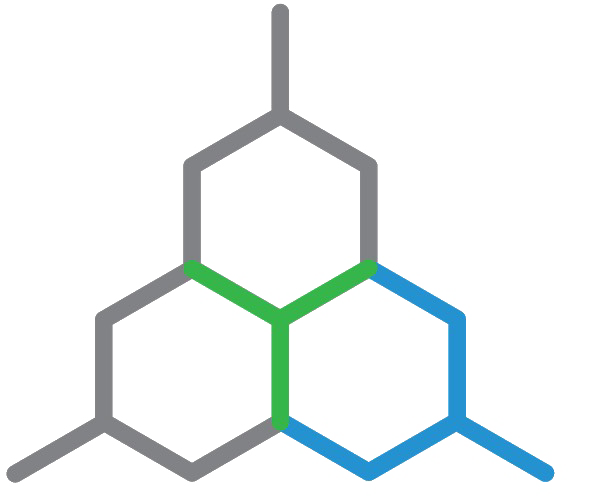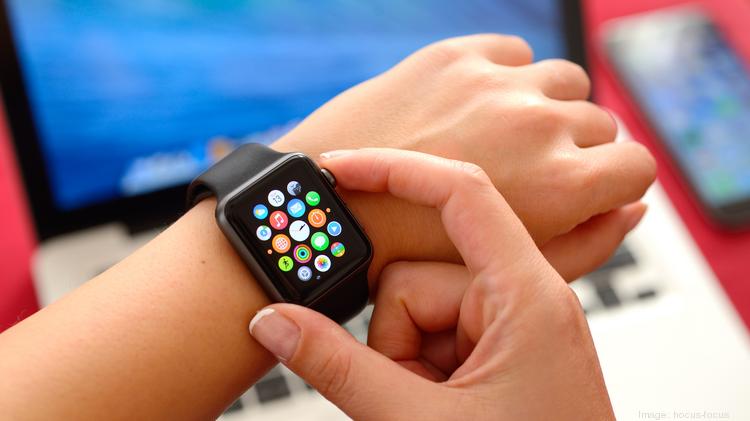Preliminary results from the Apple Heart Study show the potential health benefits of wearables. Researchers from the Stanford University School of Medicine partnered with Apple to conduct a virtual observational study with more than 400,000 participants. The study used the Apple Watch’s irregular rhythm notification (IRN) system to detect atrial fibrillation (AFib). The results showed 0.5% of participants received irregular rhythm notifications. For those who were notified, 21% received and wore an ECG patch. Of those, Afib was confirmed 34% of the time. The positive predictive value of the overall study was 71%, however, this increased to 84% for the subgroup who also used an ECG patch. It should be noted that the study has not yet been published in a peer-reviewed journal.
Johnson & Johnson’s HEARTLINE Study aims to build on the Apple Heart Study. Announced back in January, the virtual clinical trial will enroll 150,000 Americans 65 years and older to detect AFib and collect outcomes data. Participants will be randomized to either receive the Apple Watch 4 or no watch at all. Compared to the Apple Heart Study, one key technical design difference allows the HEARTLINE Study to draw a clearer connection between AFib observance and confirmation. Instead of waiting for an ECG patch to be mailed to the participant, the ECG app on the user’s Apple Watch 4 will be engaged once the “IRN software detects five out of six consecutive irregular rhythms each lasting one minute.” Both the IRN software and the ECG app are FDA cleared for AFib detection. Although the clinical efficacy of wearables is far from conclusive, the innovative use of virtual clinical trials will likely be commonplace in the future with the continued proliferation of consumer-driven health technologies.
Your Next Apple Watch May Be Coming From Your Insurer.
After months of anticipation, Apple has released a software update enabling the echocardiogram feature on its Apple Watch Series 4. In addition to measuring the heart’s rhythm, the wearable includes a fall detection sensor that automatically notifies emergency services if a fall is detected. With the inclusion of such features, Apple seeks to partner with private Medicare plan providers to subsidize the cost of the watch for senior citizens. Apple hopes its health-focused tech can be used for preventative care. Apple CEO Tim Cook further touts Apple’s conviction to allow users to proactively manage their own health data, which he states will be Apple’s “most important contribution to mankind.”
While such claims reflect upon the industry’s optimistic mindset of healthtech advancement, it is important to note the security and privacy implications such tech will have on our society. Where will our health data be stored and how will consumers access their own information? Most importantly, how will insurance companies utilize this data? As we continue to accelerate the implementation of health tech into our lives, we should keep these questions in mind.


